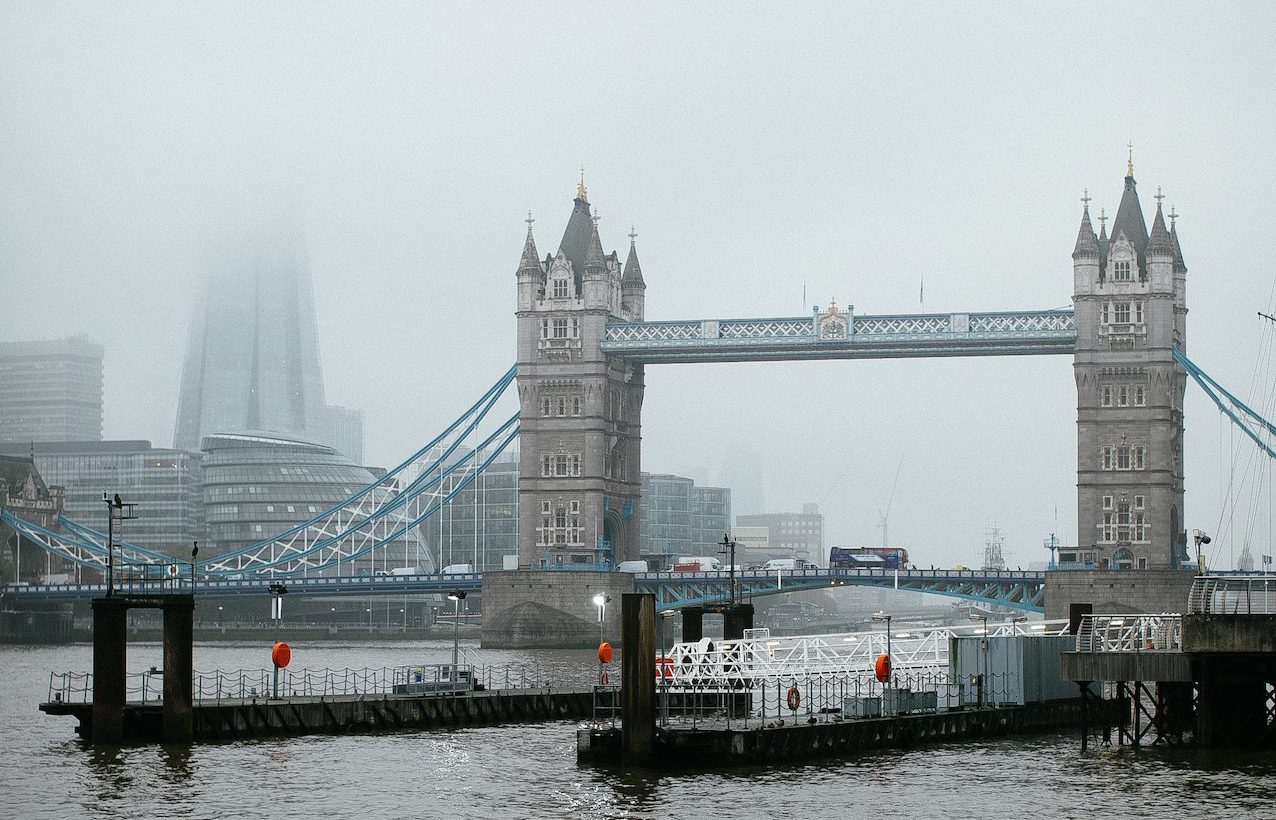The United Kingdom is very likely to be in a recession by the end of the year after the release of official figures showing that its economy contracted by 0.2 per cent between July and September.
A recession is official when a country has seen its economy shrink for two consecutive quarters, though not every country follows the exact same methodology. By this measure, for example, the United States is currently in recession, though the official analysts responsible for announcing it also base their working on other factors, such as employment, which is holding strong.
The situation in the UK, on the face of it, is more alarming, with its high exposure to international energy markets leaving it vulnerable to the volatility seen in the sector ever since Russia invaded Ukraine. Both countries are major suppliers of fuels for energy.
The UK is particularly dependent on gas for its energy needs, but lacks adequate storage facilities to store the fuel for the long term. Instead, it must constantly buy gas at spot market rates, putting it in a disadvantaged position at a time when natural gas prices have risen sharply.
Its decoupling from Europe’s energy market on account of Brexit has further exacerbated the dire situation.
As an island nation highly dependent on shipping – not unlike Malta – the UK has also felt the effect of the supply chain crisis worse than most, with food prices soaring.
The Bank of England has warned of a “tough road ahead”, saying it expects the recession to be the longest since records began in the 1920s, and forecast a doubling in the unemployment rate.
The UK economy remains smaller than it was before the COVID-19 pandemic. The Office for National Statistics, which published the economic growth figures, said business investment had dropped in the three months to September and also remained below its pre-pandemic levels.
With repeated increases in the base interest rate, such lower investment comes as no surprise – but not without cost.
These difficulties have been compounded by former Prime Minister Liz Truss’s disastrous attempt to kickstart the economy, forcing the Bank of England to pump additional billions into the economy to prevent a collapse in pension funds and the trustworthiness of its sovereign debt.
Two years since its birth, Moneybase features on Microsoft’s Customer Stories
Moneybase has now just been featured on Microsoft’s latest Customer Stories
Finance Minister confirms continuity of food and energy subsidies
Spending on food and energy subsidies as a percentage of the GDP will be at 0.7% in 2025
MHRA congratulates Glenn Micallef on EU role, highlights positive impact on Malta’s tourism and cultural sectors
The lobby group emphasised that Malta’s cultural assets and sports scene are key factors in attracting visitors and fostering economic ...






